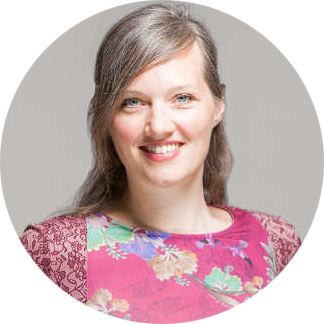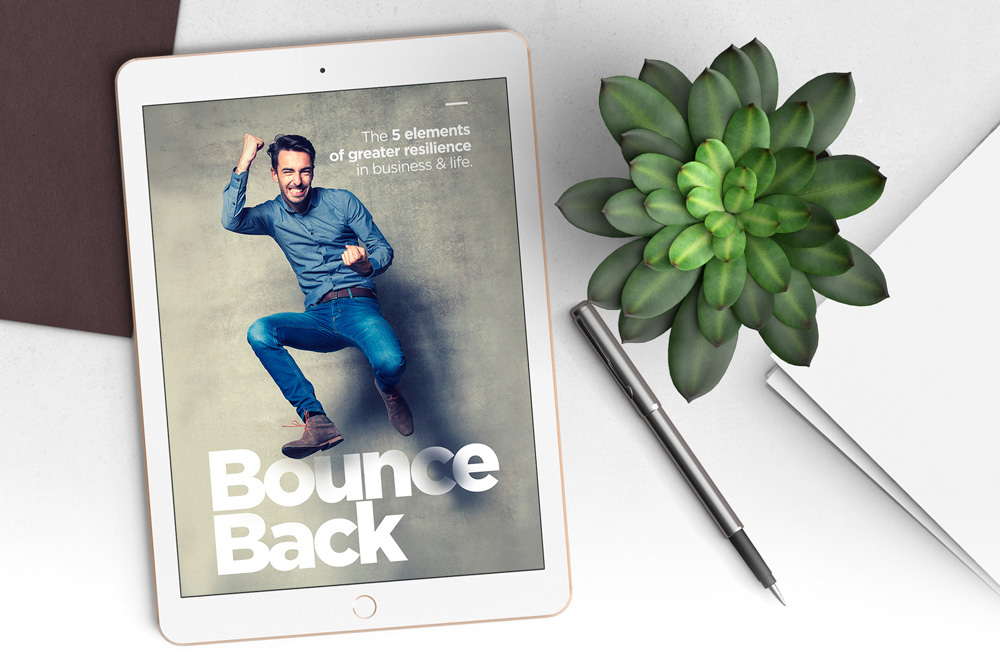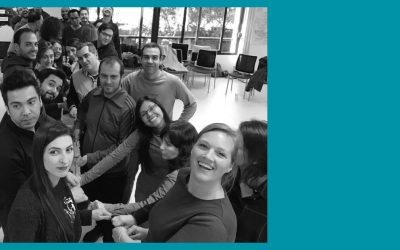Say NO. Simply respect your limits.
As I watch my clients grow and develop new skills, I’d say a huge part of the coaching process is connected to the ability to say no.
The ability to respect your own boundaries and set limits for others is a crucial element of maturity and becoming an adult. However, in the constant quest to avoid conflict and be liked by others, this is not always an easy task.
In my own life, I always thought it was fairly easy for me to say no to things, people, ideas.
The ability of young-Maike to say “OH, GOD, NOT THAT” made me think I was great at setting boundaries and avoiding the stuff I knew I didn’t want. It took me a few years to realise my self-perception was misleading. Having been majorly overweight in my teens, and hence struggling with weight, was an obvious indicator as to my inability to say no (in this case, to food). But that didn’t cross my mind at the time.
One special moment of decision-making, though, caught my attention even back then. When I finished my “A-Levels” (German Abitur) and was ready to go to university, my mum asked me:
What do you want to do in your life?
😳
I didn’t have a clue.
Deciding in one moment what I was to do and focus on for the rest of my life seemed to be a burden. I never really knew what I wanted in my younger years, but I most definitely knew what I “DID NOT WANT.” Sometimes such a rough indicator is good enough to steer you in the right direction. However, the inability to make decisions with clear priorities, implicitly saying no to other options can become a source of frustration (as much for yourself as for others).
Make up your mind and say no to distractions
When you establish an objective of where you want to head in life, you say “yes” to that objective; which means that you say “no” to many other things (consciously or not).
If you choose to focus on your career when you are starting out, for example, you are saying “yes” to professional growth, long working hours, networking. You are possibly saying “no” to oversea gap years, leisure travelling, learning about different cultures.
“You have to decide what your highest priorities are and have the courage—pleasantly, smilingly, nonapologetically, to say “no” to other things. And the way you do that is by having a bigger “yes” burning inside. The enemy of the “best” is often the “good.”
Stephen Covey
An unconscious decision-making process can have negative side effects, like regret and blame.
As I have argued before, happiness and wellbeing are tightly linked to our courage to take full responsibility for our actions. When we make decisions, we should always be truly aware of what we are accepting and what we are rejecting.
There are a few basic clues that will guide you in making this process more conscious:
- Become aware of your values, by thinking about what you truly value in your friendships, for example.
- Make your values visible to you, by doodling or use a word cloud on your mobile’s screen
- Visualise your destination (dream Big!)
- What do you need to get there? (i.e. Design your Roadmap!)
- What is that may not happen in order for you to get there? (i.e. think about your costs, what will you have to reduce or withdraw from?)
- What’s the final benefit of achieving our objective? What’s in it for you? (see if you are actually doing this for yourself or trying to please somebody else)
Stop pleasing everyone
People-pleasing is an understandable strategy to avoid conflict and enhance our sense of belonging. To some extent, we all want to please a fellow human being, because it’s the most secure way to get our fix!
We need recognition, care, and attention. It’s our drug, so the easiest way to get that reassuring smile when we converse is by pleasing the other.
This comes at a big price, unfortunately.
Pleasing as a behavioural strategy is:
- a) exhausting (coz you don’t value your own needs)
- b) inauthentic (people eventually notice and either feel guilty or eager to take advantage of your disposition)
- c) a dead-end (if you want to please everyone, I wonder, how happy you are yourself?)
If this is your case, I recommend you glance through our worksheet On Being Assertive in our worksheet library.
Also, I think it’s important when we make decisions to go back to the very basic concept of Covey’s Circle of Influence.
How much influence and power does your decision possess? In fact, if you contrast your current challenges with this tool, you may be surprised how many of them are actually a “natural” no, as they are not within your circle of influence. Try this quick exercise here.
To help you navigate through the challenges you may face at work in your leadership role, we create monthly worksheets with simple, yet hands-on 5-min and 10-min activities. Simple exercises help you get on track and stay focused at work. Take a sneak peek below.
We offer these worksheets for free!
Check our full library of practical worksheets here. In our section on Communication, you can download this month’s Saying NO, with activities to implement right away and practice every day. Browse the library to find extra exercises to improve motivation, lower stress, and increase productivity.
**Quick peek into our WORKSHEET**
_For you, if…
- You feel that you tend to please people around you
- You want to stop avoiding conflict
- You want to realize your objectives
_Quickies _5min
A) Keep Balance
It’s almost like accounting or even weight management. To change a habit, we need to work it like a muscle. It helps to be strong minded and simply decide that you will be more assertive. That’s a great start!
But rest assured the old habit of pleasing your social environment will creep back in. It’s important to recognise your patterns and become conscious of when you give in, and why.
So, let’s create a balance chart!
…take it further and deepen the learning by doing all the exercises suggested on our worksheet. Sign up below with your name and email to download the complete worksheet.
Always keen to know how you are getting on!
Maike

MAIKE STOLTE
Executive Coach. Consultant. Trainer. Facilitator.
Categories
Contact us

Burnout. COVID. New Normal: How to get yourself back into balance & recover!
By now, most of us share a similar feeling: we feel drained. For months now, we have been bravely facing the Covid-19 pandemic. I think it’s fair to say that it has taken its toll on us. No matter your context, you may have been dealing with the stress of the...
Relational leadership: Influence is trusting and being trusted
We are our relationships. When we foster positive relationships, we create positive environments, develop positive projects and bring positive change to the world. This power of relationships is the base of relational leadership, focused on the leader’s ability to...
Insights From Natural Leaders: With Yasmine Khater
We can always find inspiring natural leaders close to us! In this series of interviews, I’m talking to people who have touched my soul: small business owners, neighbors, friends & colleagues. Those who inspire me to spread the wisdom & insights of our common...





0 Comments